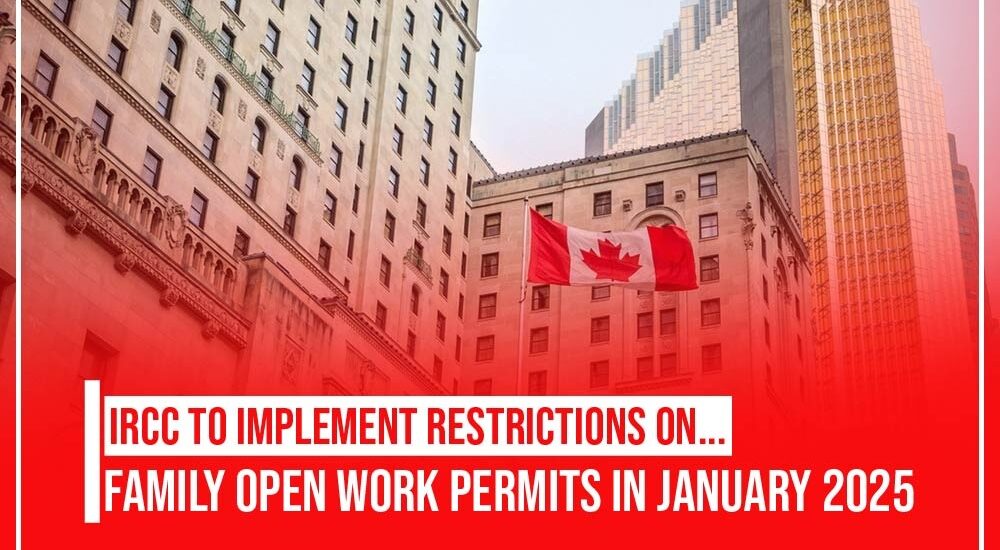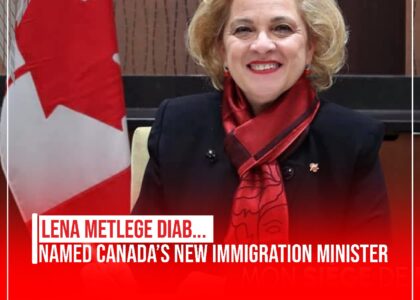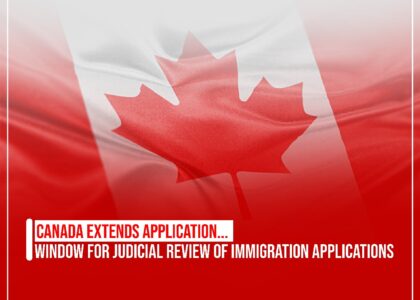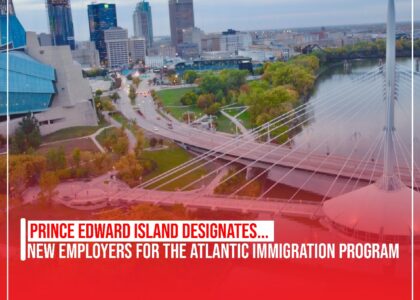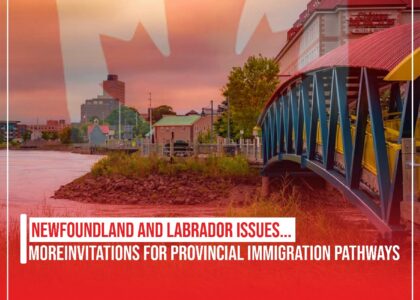The Canadian government is rolling out significant restrictions on Family Open Work Permits (OWPs) for the spouses of international students and foreign workers. These changes, which were initially announced in September 2024, will take effect on January 21, 2025.
This development is part of broader reforms by Immigration, Refugees, and Citizenship Canada (IRCC) aimed at streamlining immigration policies and addressing housing affordability concerns. Below, we delve into the new eligibility criteria, exceptions, and implications of these changes for families planning to live and work in Canada.
Changes to Family OWPs for Spouses of International Students
Under the new rules, the eligibility criteria for spouses or common-law partners of international students seeking OWPs have been significantly narrowed. Spouses will only qualify for an Open Work Permit if the primary applicant (the student) is enrolled in one of the following programs:
- Master’s programs lasting 16 months or more.
- Doctoral programs (Ph.D.).
- Specific professional or eligible programs, including:
- Doctor of Dental Surgery (DDS, DMD)
- Bachelor of Law or Juris Doctor (LLB, JD, BCL)
- Doctor of Medicine (MD)
- Doctor of Optometry (OD)
- Pharmacy (PharmD, BS, BSc, BPharm)
- Doctor of Veterinary Medicine (DVM)
- Bachelor of Science in Nursing (BScN, BSN, BNSc)
- Bachelor of Education (BEd)
- Bachelor of Engineering (BEng, BE, BASc)
Spouses of students in short-term master’s programs (less than 16 months in duration) or non-eligible undergraduate programs will no longer qualify for Family OWPs.
Also Read: New Eligibility Criteria for Germany Work Visas and Opportunity Card in 2025
Changes to Family Family Open Work Permits for Spouses of Foreign Workers
The new policy also limits Family OWPs for spouses of foreign workers. Eligibility will now be restricted to spouses or common-law partners of individuals working in the following occupations:
- TEER 0 and TEER 1 occupations (Training, Education, Experience, and Responsibilities system under the National Occupational Classification).
- Select TEER 2 and TEER 3 occupations in industries such as:
- Natural and applied sciences
- Construction
- Healthcare
- Natural resources
- Education
- Sports
- Military sectors
A complete list of eligible TEER 2 and 3 occupations will be published by IRCC on January 21, 2025.
Additional Conditions for Spouses of Foreign Workers
- The principal foreign worker must hold a valid work permit with at least 16 months of remaining validity when their spouse applies for an OWP.
- Dependent children of foreign workers will no longer be eligible for Family OWPs.
Renewals of Existing Family Open Work Permits
Existing OWPs issued before January 21, 2025, will remain valid. Family members already in Canada under these permits can apply for renewal as long as the new requested duration aligns with the remaining validity of the primary applicant’s study or work permit.
Who Is Exempt from These Changes?
Certain groups remain unaffected by the new rules, including:
- Spouses or common-law partners of workers covered under Free Trade Agreements (FTAs).
- Spouses or partners sponsored for permanent residence (PR) by a Canadian citizen or PR holder. Such individuals may continue to apply for Spousal Open Work Permits (SOWPs) if they hold valid temporary resident status in Canada.
Rationale Behind the Changes
The IRCC introduced these restrictions to address pressing housing affordability issues and to manage the rising number of temporary residents in Canada. During a press conference in 2024, Immigration Minister Marc Miller estimated that these changes would reduce the number of Family OWPs issued by 50,000 to 100,000 over the next three years.
This reform is part of a broader initiative to limit temporary resident inflows while ensuring that Canada’s immigration system supports its long-term economic and social goals.
Targets for Work Permit Programs: 2025–2027
To manage the number of temporary workers in Canada, the IRCC has established annual targets for new work permits issued under two key programs:
| Program | 2025 | 2026 | 2027 |
|---|---|---|---|
| International Mobility Program (IMP) | 285,750 | 128,700 | 155,700 |
| Temporary Foreign Worker Program (TFWP) | 82,000 | 82,000 | 82,000 |
| Total | 367,750 | 210,700 | 237,700 |
The International Mobility Program (IMP), which includes Family OWPs, will see significant reductions over the coming years as part of these measures.
Additional Restrictions on PGWP Eligibility
In tandem with the Family OWP changes, IRCC has introduced stricter eligibility criteria for Post-Graduation Work Permits (PGWPs). These new rules tie PGWP eligibility to the date of application for a study permit, further reducing the number of work permits issued under the IMP.
What This Means for Families Planning to Immigrate to Canada
These changes represent a paradigm shift for families hoping to immigrate to Canada. Prospective applicants are encouraged to thoroughly assess their eligibility under the revised guidelines and explore alternative pathways where necessary.
For families of international students, careful selection of eligible study programs is now crucial. Similarly, spouses of foreign workers must verify whether their partner’s occupation meets the updated criteria for TEER categories.
Need Help Navigating the New Rules?
At Mansory Immigration Consultants, we specialize in helping families understand and adapt to Canada’s evolving immigration policies. Whether you’re an international student, a foreign worker, or planning to sponsor your loved ones, our expert team is here to provide personalized advice and guidance.
Contact us today for a free consultation to explore your options and chart a path toward your immigration goals.
This SEO-optimized content is designed to provide comprehensive information while driving engagement and inquiries for Mansory Immigration Consultants. Let me know if you’d like to refine this further!

